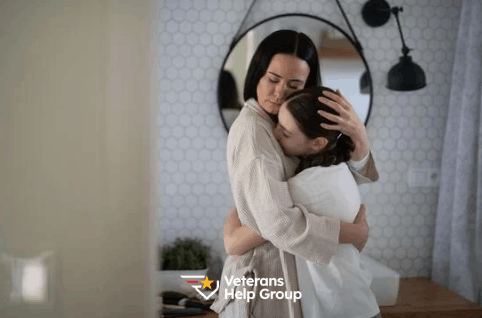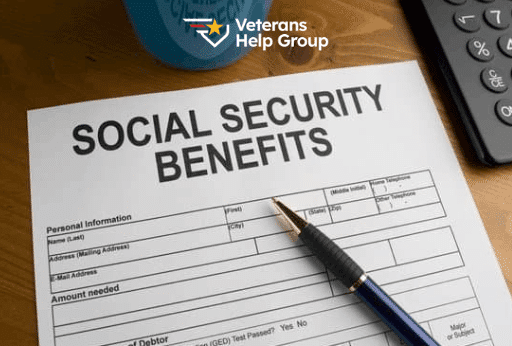
Table Of Contents
Most Common Things Veterans Do To Win Their VA Disability Benefits Claims
You might reasonably assume that if you are a veteran who is totally or partially disabled due to a service-connected condition, approval of your disability benefits is something of a technicality. In reality, though, it is the veteran’s responsibility to establish that the disability exists, the extent of the disability, and that the disabling condition is service-connected. That means there is typically some work involved in securing VA disability benefits.
Here are some of the factors that separate successful applicants from those who may qualify, but see their claims denied.
Tips for Winning Veterans Disability Benefits
Make Your Application Clear and Complete
Before you assemble your application for VA disability benefits, make sure you understand what you have to prove. This includes information about:
- Your diagnosis
- The severity of your condition
- Evidence that your condition is service-connected
The amount and type of evidence required differs from case to case. For example, some conditions are presumed service-connected for veterans who served in specific places and times. For others, you must submit a medical opinion or nexus letter tying your condition to an event or exposure during your military service.
Keep Your Application Streamlined
While it’s important that your application is thorough and you provide sufficient documentation, it’s also important to stay focused. You want the presentation of your claim to be clear, and flooding the VA with records that aren’t directly on point can be counter-productive. Take the time to pick and choose the records that are necessary for or provide the strongest support for your claims without confusing the record with a sea of information.
Respond Promptly to Requests for Additional Information
After receiving your application for veterans disability benefits, the VA may contact you to request additional information. If you receive this type of request, act quickly to provide the additional documentation requested. And, if your claim is denied, make sure you initiate a review or appeal in a timely manner.
An Experienced VA Disability Advocate Can Help
It can be difficult to know how to successfully demonstrate a service connection, or what type of medical evidence is required to support your claim. Whether you are just initiating your claim or you’ve been denied and are ready to take the next step to fight for your veterans disability benefits, we can help. To learn more, contact Veterans Help Group right now by calling (855) 855-8992 or filling out the contact form on this site.

DIC Rates for 2026
DIC Rates for 2026 Dependency and Indemnity Compensation (DIC) can be a lifeline for surviving...

VA Disability Payment Schedule for 2025 (UPDATED FOR 2026)
VA Disability Payment Schedule for 2025 (UPDATED FOR 2026) VA disability compensation provides...

Do You Qualify for Special Monthly Compensation (SMC)? How Disabled Veterans Can Get Extra VA Pay Beyond 100%
Do You Qualify for Special Monthly Compensation (SMC)? How Disabled Veterans Can Get Extra VA Pay...





